Tips: 6 Ways to Increase Your Fuel Economy
Clean Fleet Report
AUGUST 28, 2021
But how can you increase your fuel economy? Surprisingly, the number of items you carry in your vehicle can have a meaningful impact on your fuel economy. While it does cost a bit to have your car checked over by a mechanic, regular maintenance will improve your fuel economy and help you catch problems before they occur.

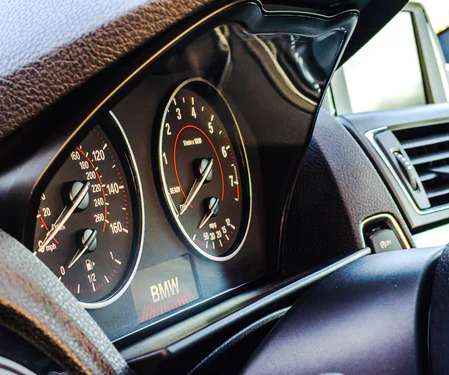







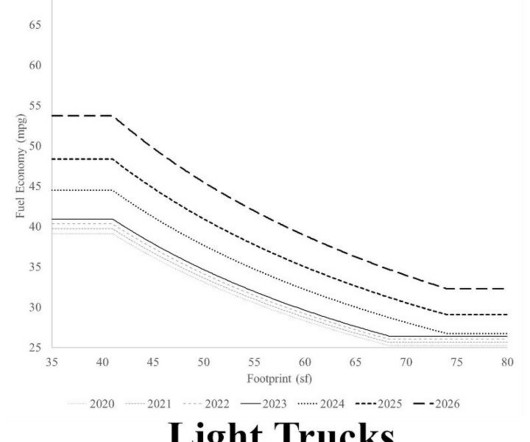
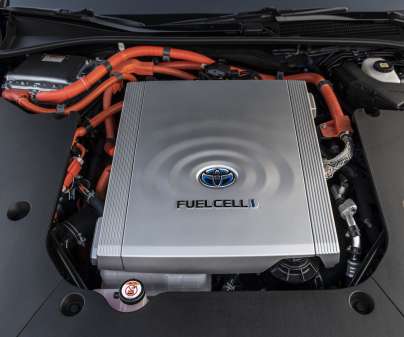








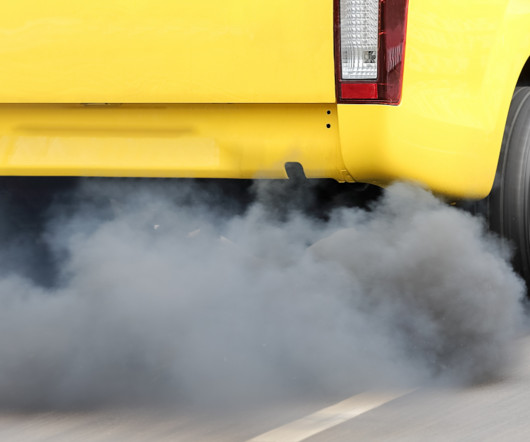


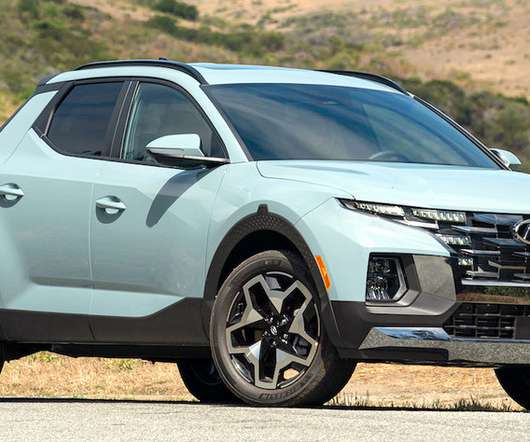

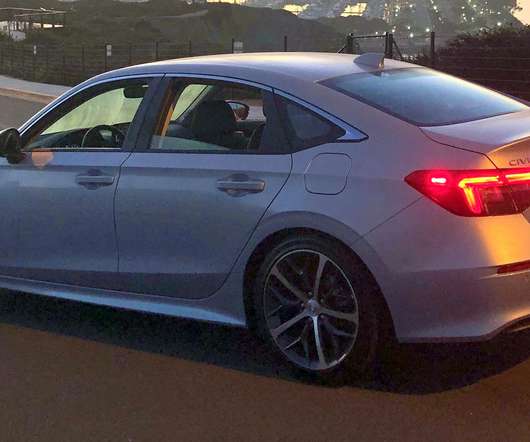
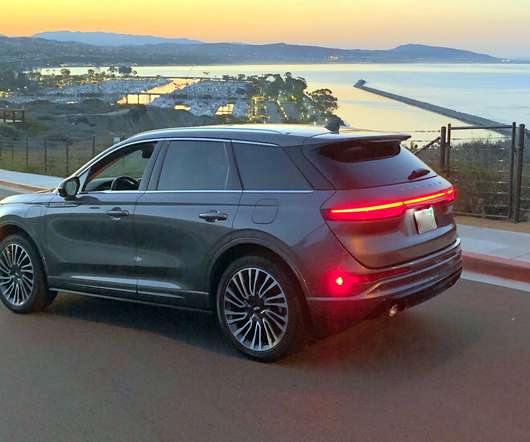

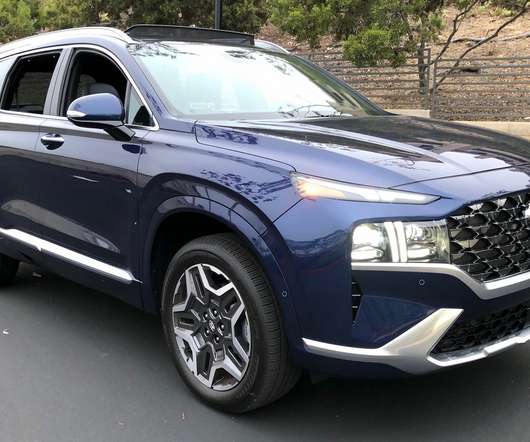
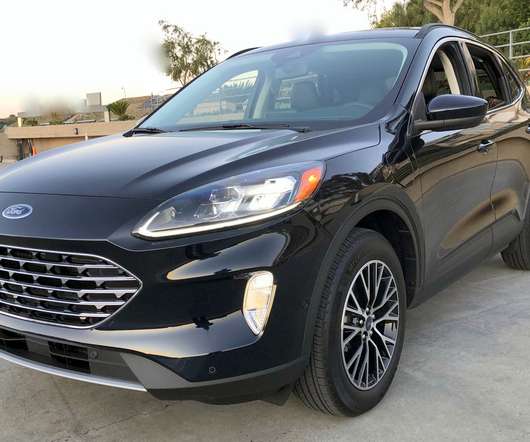




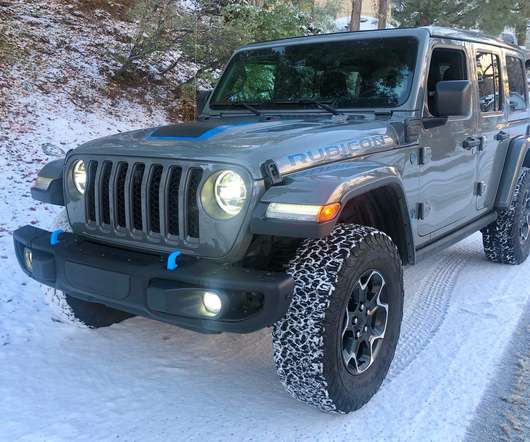
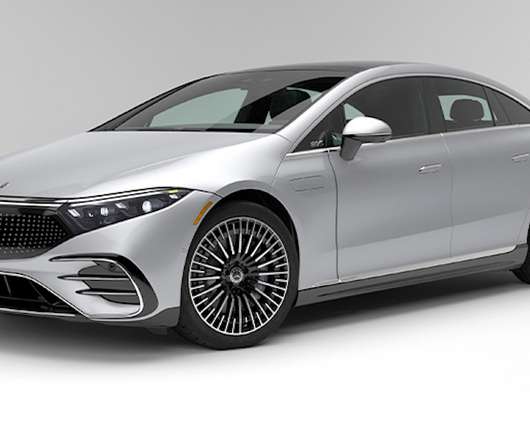
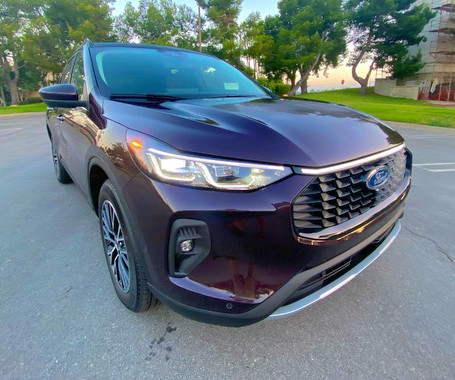







Let's personalize your content